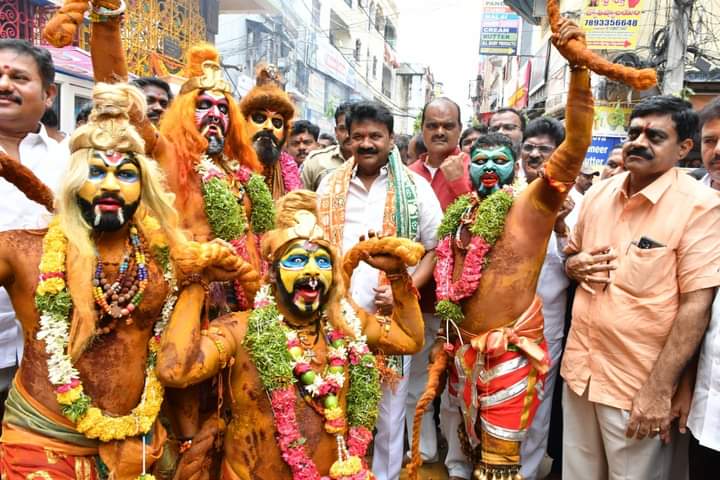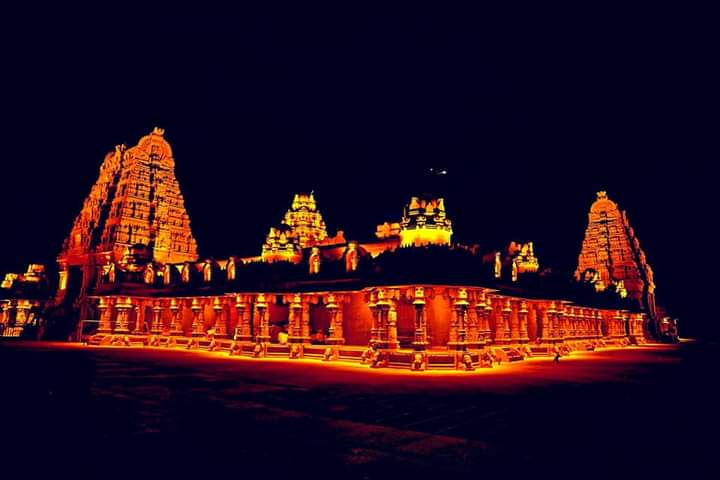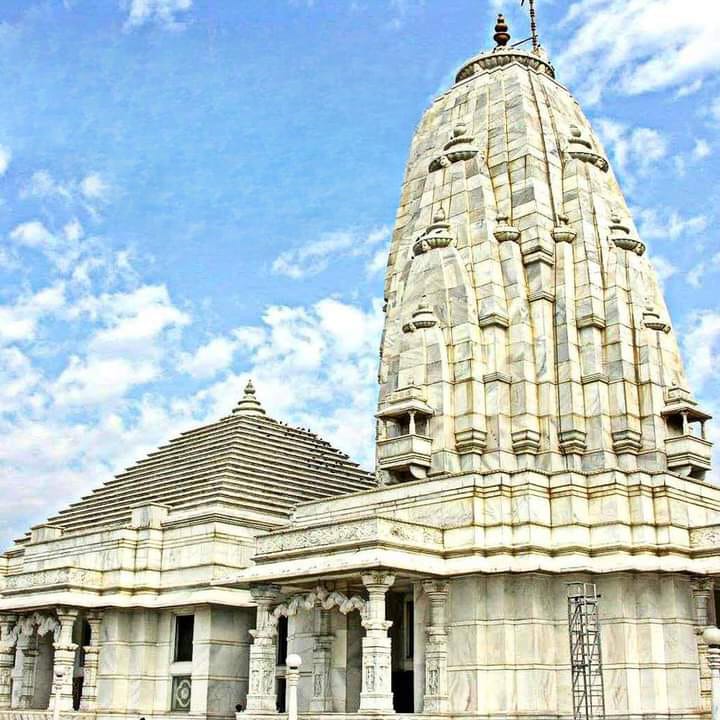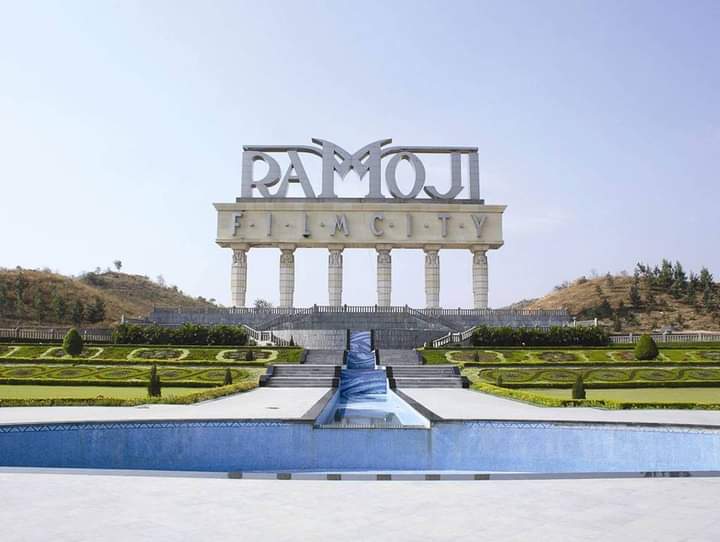Bonalu is a traditional Hindu festival celebrated in the Indian state of Telangana, particularly in the capital city of Hyderabad and the surrounding regions. It is an important religious and cultural event that honors the goddess Mahakali.
The festival is typically celebrated during the months of Ashada and Sravana (June, July/August) of the Hindu calendar. Bonalu derives its name from the Telugu word “Bonalu,” which means “meal in a pot.” The festival involves the offering of cooked food, usually rice, in small pots made of clay or brass. These pots are decorated with beautiful designs and are filled with specially prepared offerings as a symbol of gratitude and devotion to the goddess.
Bonalu is celebrated in various temples dedicated to Mahakali across Telangana. The most prominent Bonalu festival takes place at the historic Jagadamba Mahakali temple located in the old city of Hyderabad.

The festival procession carries the Bonalu pots containing the offerings to the temple. The pots are adorned with colorful flowers, neem leaves, and a coconut smeared with turmeric.
During the festival, women dress up in traditional attire, wear jewelry, and carry the Bonalu pots on their heads. They move in a rhythmic manner, often dancing to the beats of traditional folk music and drumming. It is believed that during this state of trance, the goddess possesses the women, and they become her medium of communication.
Apart from the main Jagadamba temple, Bonalu is celebrated in several other temples and households across Telangana. The festival is an occasion for people to seek the blessings of the goddess and express their devotion through rituals, prayers, and cultural performances.
In recent years, the Bonalu festival has gained significant recognition and popularity, attracting tourists and visitors from around the world. The vibrant atmosphere, the rhythmic beats of traditional music, and the energetic dance performances make it a unique cultural experience.
Bonalu is not just a religious festival but also a celebration of Telangana’s rich cultural heritage. It brings together communities, strengthens social bonds, and promotes a sense of unity and harmony among the people of Telangana.

Pothuraju
Pothuraju is considered the brother of the Mother Goddess, Mahakali, and plays a significant role in the Bonalu festival. He is depicted as a well-built man, often bare-bodied, wearing a red dhoti (a traditional garment) and anklets with bells. His body is covered in turmeric, and he also applies vermilion on his forehead. Pothuraju is known for his energetic and vigorous dance movements. He dances to the beats of resounding drums and performs in close proximity to the Palaharam Bandi, which is the procession carrying the Bonalu pots.

Bonalu Feast
The Bonalu festival involves divine offerings to the Mother Goddess, Mahakali. Families and individuals also prepare these offerings at home and share them with family members and guests. The feast typically includes a variety of traditional Telangana dishes, such as rice, curries, sweets, and other delicacies. It is a time for people to come together, celebrate, and enjoy the festive spirit.
Bonalu – Rangam
Rangam, also known as Performing the Oracle, is an important ritual that takes place on the morning after the main festival day. A woman, acting as a medium, invokes the presence of the goddess Mahakali and performs this custom. During Rangam, the woman may enter a trance-like state and foretell information about the upcoming year. Devotees often seek guidance and insights about their future during this ritual.
Ghatam
Ghatam refers to a copper pot that is specially decorated in the form of the Mother Goddess Mahakali. A priest, dressed in a traditional dhoti and with his body fully smeared in turmeric, carries the Ghatam during the festival procession. The Ghatam, accompanied by the rhythmic beats of drums, is paraded from the first day of the festival until the last day. On the final day, the Ghatam is immersed in water as a symbolic act. The Ghatam procession adds to the vibrant and lively atmosphere of the Bonalu festival.




